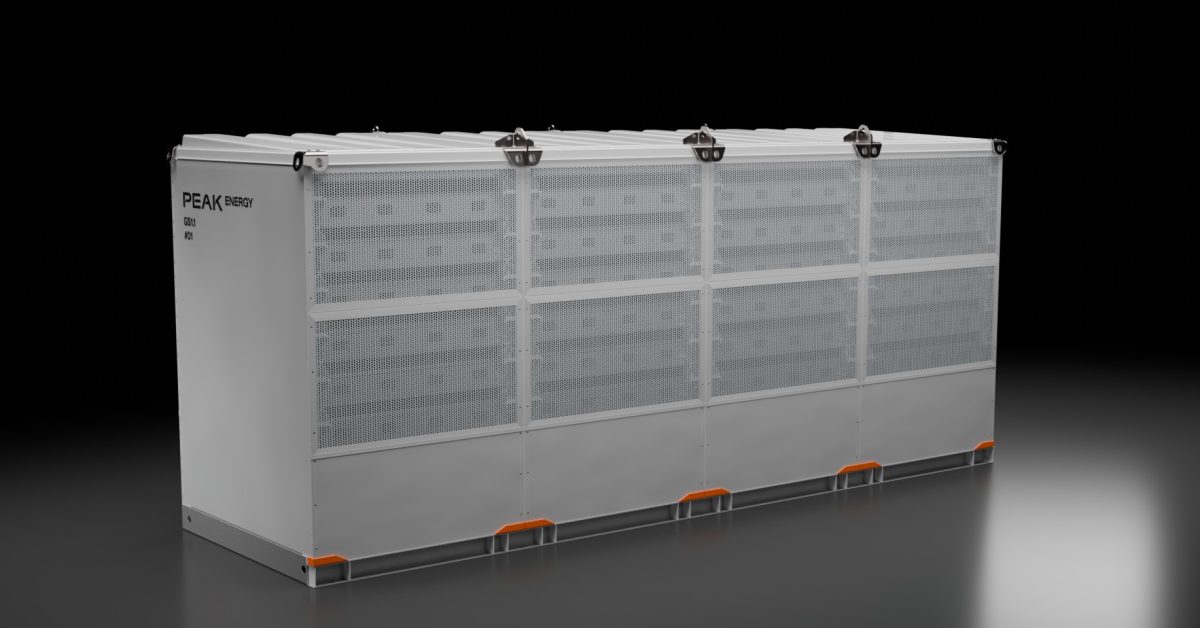I work for a controller OEM that builds the brains for managing these systems. It’s cutting edge stuff.
The part that controls/balances the discharge profiles, right? Because sodium batteries have a more non-linear discharge pattern.
But why US? Can’t store fracking oil in there.
Finally something the EU can invest in with those 600 billion. Or buy it, like lots of EU startups were by FAANG companies years ago. Tramp says it’s dead tech, so it’s ok.
I honestly dont care who develops these kind of technologies, because it will spread.
The impact of these products are too important.
This is big! Grid scale Sodium Ion battery technology is (on paper) the best candidate for cheap large scale electricity storage. The fact that this company is working on 9 pilot deployments mean that this will likely produce the real world results that the paper exercises promise.
There are SO MANY advantages of Sodium Ion battery tech for grid storage over everything else we’ve used so far (nearly all Lithium based).
Sodium Ion batteries:
- don’t have as intense thermal management needs Lithium chemistries
- don’t have the massive negative environmental impact for their source materials (because its a part of regular old table/sea salt)
- doesn’t have the massive swings in capacity when operated in extreme hot or cold temperatures. Sodium Ion doesn’t care.
The only downsides to Sodium Ion is that the batteries are physically larger for the same amount of energy stored (which isn’t a problem for stationary storage), and the charging/discharging curves are not as linear as other chemistries (which again, isn’t an issue because these are purpose built applications where the curves can easily be managed by battery management systems).
Would container ships be a good application? Or too heavy/large?
I love this too, I just hope they don’t use too much Phosphorous, because those reserves are limited too, maybe there are alternative designs once this gets going.
I’m really excited about na-ion, if commercial BMS circuitry was available I would already have some for a few home automation and sensing projects because of their low temp performance alone. But I’ll have to spin up a custom implementation with an arduino or something and I don’t have that kind of skills lol.
everything else we’ve used so far (nearly all Lithium based).
We have used water before lithium, and it isn’t bad at all.
We have used water before lithium, and it isn’t bad at all.
Not so great in a flat dry desert though. Pump storage is great when there is lots of water and a naturally occurring elevation, but there’s lots of places on Earth that don’t have that, but do have energy to store.
in a flat dry desert
Hopefully you are free not to live there…
Middle east would like a word with you.
Pumped hydro?
Also very good, but geographically limited.
And very destructive for the local environment
Not sure why you’re getting down voted, as you’re sadly correct here
Still better then many alternatives, but it’s not as environmental friendly as it’s advertised
That much salt is not going to be good for blood pressure.
Cow lick with kick
You’re not supposed to eat the electricity
New warning label unlocked: Do not eat the Batteries.







